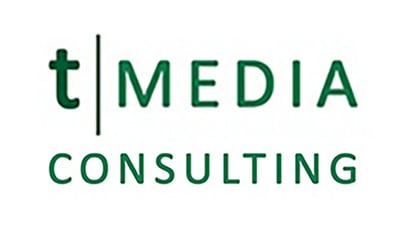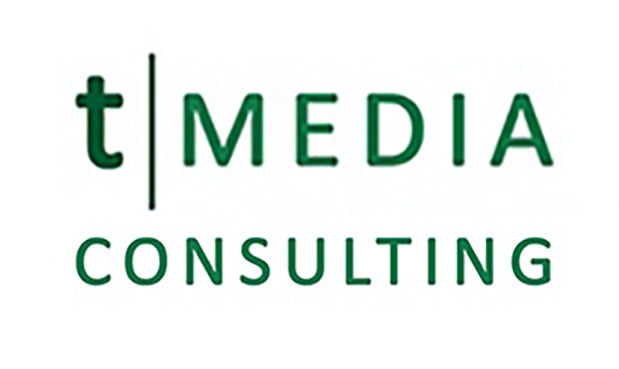If you are a business owner, you have probably heard of the SMART acronym for creating your goals and objectives for the company. If you haven't, SMART stands for: S-Specific, M-Measurable, A-Attainable, R-Realistic, T-Timely. In this post we will break down a way to plan for each of these so you can avoid pitfalls when making your goals for the new fiscal year.

Specific: When planning each goal, you must include specific details on who, what, why, and how you will get there. The more detailed you are, the less room for error. While there will always be un-foreseen set backs that cause marketers and executives to get derailed from their end goals, the more detailed plan of action and road map you have from the start, the more success you will see. Keep this important point in mind when drafting your short and long term goals for the new business year.
Measurable: How will your company measure whether or not you are successful? Outside of growth in revenue, there are other key metrics that should be measured as well. How well known is your brand? Is your churn in check? Is your sales team set up with quality leads? Many goals can be set, but unless there is a solid process in place to follow up and determine if you are on pace as you go, then you aren't set up for success.
Attainable: Everyone always wants more. More sales, more customers and revenue, more market share, more brand awareness. Just because was WANT more, doesn't mean that more is actually attainable. The economic climate, the industry that you are in, the demand for services and products you offer all should be factored into the goals you set forth. The best plan I have seen companies go with is to set 2 bars, one that is attainable, and one that is attainable with extra elbow grease. For example, if you are flat in revenue YOY, unless there are extenuating circumstances within the economy or industry, you should not be expecting 40% YOY growth for the new year. By doing so it sets moral up for disappointment; having unattainable goals does no one any good.
Realistic: Piggy backing off attainable, setting realistic goals will help the organization keep focus, and feel success and momentum to keep going once those are hit. Getting the sales team, and other departments, vested and bought in can only happen if they truly feel that they will be able to achieve success with what you have proposed. How many times have you heard sales reps say "my budget was just increased by XYZ, how am I going to hit that?" If your team isn't in a positive mind space or if they are feeling demotivated, then chances are the organization as a whole won't see success.
Timely: This is a simple, yet an often overlooked factor when planning goals. Timely simply means the time in which you feel that goal can be met by. If you have thought in great detail about your plan of action, then timely should be a fairly easy box to check when it comes down to presenting your goals to the organization. The challenge most companies face is keeping to the time table they have set forth. You MUST keep in mind things will come up, every business faces hiccups in getting to their desired end result, but that doesn't mean your goals can be "put on the back burner". If lead generation is something the executive team identified, and chose to build a plan of action around solving the issue, then by all means necessary it will be important to keep focused and on track to achieve the success by the date outlined in the plan. When companies begin to stray from the chosen and decided upon strategy that's when the wheels fall off.
Keep in mind, these smart business goals examples should be reviewed on a quarterly basis at a minimum. If you find you are over achieving in one area, feel free to up the ante, if another needs more focus, then shift accordingly. You can always increase your goals, but having to constantly lower original projections makes everyone look and feel bad about their performance. If you need help with setting your new years goals CLICK HERE!




